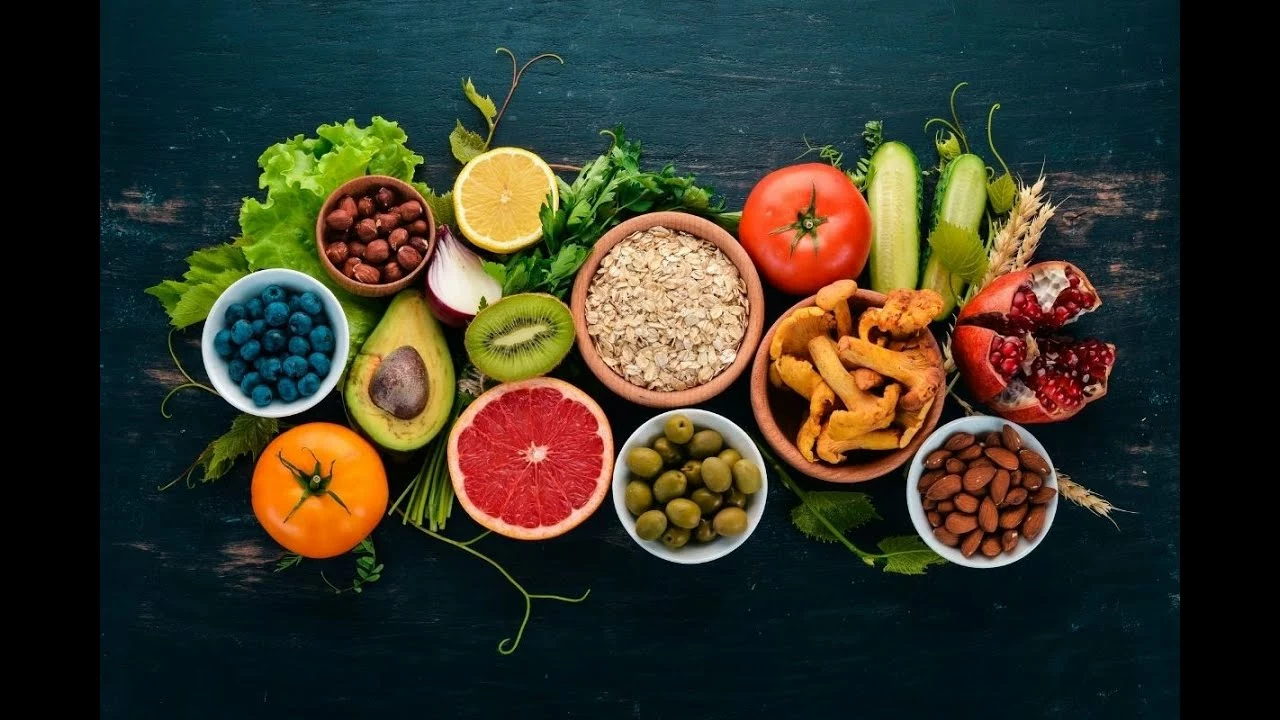A pill or supplement can be a best-seller in one country and barely known in another. That gap matters: popularity affects price, supply, regulation, and even safety. If you pay attention, you can use popularity to make smarter choices instead of getting swept up by hype.
So how do we measure "global popularity"? Look at sales data, prescription numbers, search trends, and social buzz. Pharmaceutical companies report sales. Pharmacies track prescriptions. Google Trends and social platforms show what people are searching and sharing. Each source tells a different part of the story.
Popularity helps in three useful ways. First, it flags common, well-studied medicines and supplements — lots of users usually means more safety data and clearer guidelines. Second, it shows where shortages or price spikes might appear. Third, it reveals regional differences: a drug approved and routine in Europe may be restricted in another market.
When demand surges, prices often follow. A clear example: when GLP-1 drugs (used for diabetes and, more recently, weight loss) rose in popularity, some patients with diabetes faced supply issues. High demand can push pharmacies to limit fills, raise costs, or import alternatives. That’s where generics or therapeutic alternatives become useful — they can lower cost and reduce shortage risk.
Popularity also drives marketing. A trending supplement on social media can sell out fast, but that doesn’t mean it works or is safe. Check if a popular product has independent lab tests, third-party certification, or clinical trials supporting claims before you buy.
1) Don’t assume popular = safe. Look up approvals from trusted regulators (FDA, EMA) and read clinical summaries. Popularity gives clues, not medical answers.
2) Check multiple sources. Combine sales or search trends with clinical guidelines and peer-reviewed studies. If everyone online raves about a pill but major medical groups don’t recommend it, be cautious.
3) Watch for counterfeit risk. High-demand, expensive drugs attract fakes. Buy from verified pharmacies, check packaging, and verify active ingredients. If a site sells prescription-only meds without a prescription, walk away.
4) Consider alternatives. If a trending drug is scarce or costly, ask your clinician about proven substitutes. Many condition-specific alternatives are cheaper, often generic, and well studied.
5) Think global but act local. A medicine’s legal status and supply chain differ by country. Cross-border purchases can be cheaper but bring customs delays and regulatory risk. Always verify legality and import rules before ordering.
Popularity is a tool, not proof. Use it to find well-studied options, anticipate price or supply changes, and spot marketing fads. Pair that with trusted medical advice and you’ll make smarter choices about the meds and supplements you rely on.

If you haven't heard of Mexican Scammony Root yet, prepare to be amazed. This all-natural dietary supplement is quickly gaining global popularity, and for good reason. It's noted for its potential health benefits, including aiding digestion and weight loss. Personally, I'm always on the lookout for natural ways to maintain my health, and this root definitely caught my attention. It seems like Mexican Scammony Root may just be the next big thing in the world of natural dietary supplements.
